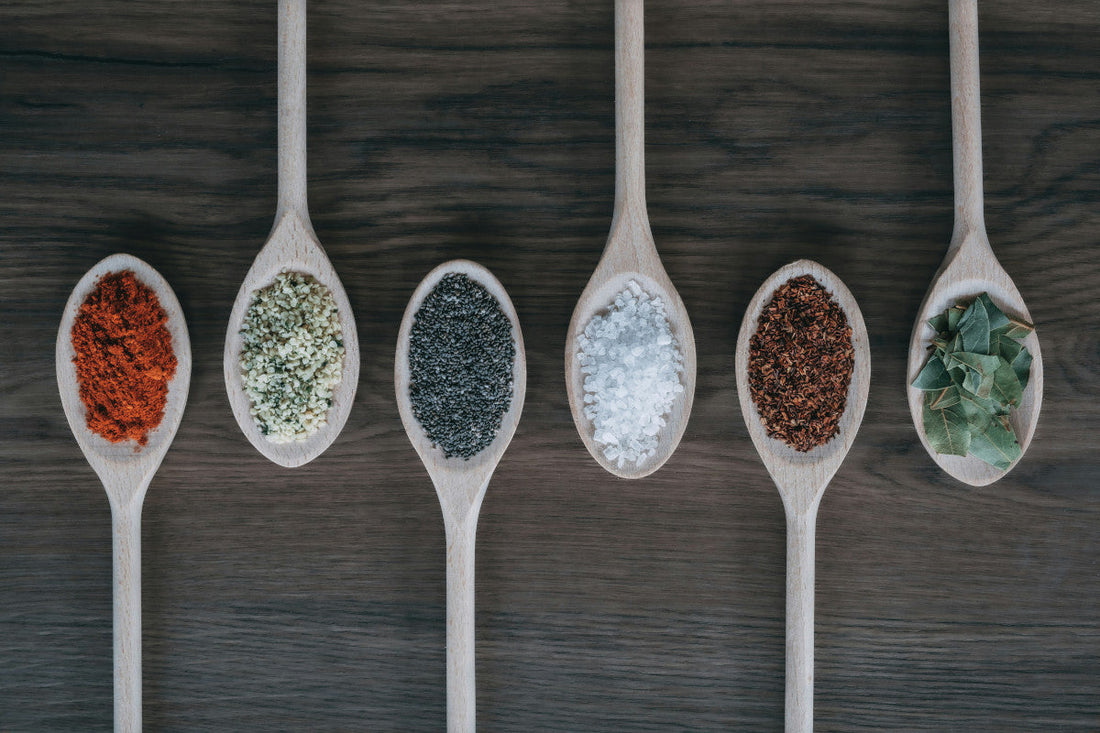
Mastering Jerky: Perfect Marination Times Explained
Chad MathewsShare
What is Jerky Marinade?
Jerky marinade is a flavorful blend that infuses meat with taste while also tenderizing it, creating the perfect base for delicious jerky. Typically composed of soy sauce, Worcestershire sauce, salt, sugar, and various spices, this marinade enhances the meat's natural flavors. The balance of salt and sugar aids in moisture extraction, which is crucial for preserving jerky.
The marination time is essential, as it directly impacts the jerky's flavor and texture. Generally, marinating for 4 to 24 hours allows the meat to absorb the marinade without becoming overly salty or mushy. Factors such as the cut of meat, thickness, and marinade composition all play a role in determining the ideal marination duration, ensuring a delightful jerky experience.
Why Marination Time Matters
Marination time is crucial in the jerky-making process, as it directly impacts flavor and texture. The ideal marination period typically ranges from 4 to 24 hours, depending on factors like meat cut, thickness, and marinade composition. This careful timing ensures the meat absorbs flavors without becoming overly salty or mushy.
The composition of the marinade plays a significant role in determining how long to marinate. Ingredients such as salt, sugar, and acids work together to enhance flavor and tenderize the meat. High-acid marinades can speed up the tenderizing process, allowing for shorter marination times while still achieving the desired taste and texture.
Over-marination can lead to undesirable results, such as overly soft or mushy jerky. The balance between flavor absorption and maintaining the jerky's characteristic chewiness is delicate. Monitoring the marination process is essential to avoid overshadowing the meat's natural flavors and achieving the perfect texture.
Ultimately, the best marination time is one that aligns with the specific characteristics of the meat and personal taste preferences. Experimentation and regular tasting can help you find the optimal duration, ensuring a delicious and satisfying jerky experience.
Can You Marinate Too Long?
Marinating beef jerky is a crucial step that significantly impacts its flavor and texture. The ideal marination time typically ranges from 4 to 24 hours, depending on factors such as the cut and thickness of the meat, as well as the marinade's composition. Striking the right balance is essential to avoid over-marination, which can lead to undesirable results.
When marinating, the meat absorbs flavors while the marinade tenderizes it. However, excessive marination can result in jerky that is overly salty or mushy, losing the characteristic chewiness that jerky lovers appreciate. The composition of the marinade, particularly its acidity, plays a vital role in determining how long the meat should soak to achieve the desired taste and texture.
Ultimately, the key to perfect jerky lies in understanding the nuances of marination. Regular tasting and monitoring during the process can help you find the optimal duration for your specific recipe. With practice, you can master the art of marinating beef jerky, ensuring a delicious and satisfying final product.
Factors Influencing Marination Time
Marination time for beef jerky is influenced by several key factors, including the cut and thickness of the meat, as well as the marinade's composition. Thicker cuts, like beef or elk, typically require longer marination to fully absorb flavors, while thinner slices, such as fish or turkey, can marinate more quickly. Additionally, the balance of acids, salts, and spices in the marinade can significantly affect the overall flavor and texture.
The desired intensity of flavor also plays a crucial role in determining marination time. A robust flavor profile may necessitate longer marination, while a milder taste can be achieved in a shorter period. Furthermore, marinating at refrigerated temperatures allows for controlled flavor development, preventing bacterial growth and over-tenderization.
Ultimately, finding the right marination time is essential for achieving the perfect jerky texture and taste, making it a vital consideration in the jerky-making process.
General Marination Guidelines
Marinating beef jerky is crucial for achieving the ideal flavor and texture. The optimal marination time typically ranges from 4 to 24 hours, influenced by factors such as the cut and thickness of the meat, as well as the marinade's composition. Striking the right balance ensures the jerky absorbs flavors without becoming overly salty or mushy, enhancing the overall culinary experience.Tips for Perfect Marination
Achieving the perfect marination for beef jerky is essential for enhancing flavor and texture. The ideal marination time typically ranges from 4 to 24 hours, depending on factors such as the cut and thickness of the meat, as well as the marinade's composition. A well-balanced approach ensures the meat absorbs flavors without becoming overly salty or mushy.
The marinade itself plays a crucial role, combining ingredients like soy sauce, Worcestershire sauce, and various spices to create a rich flavor profile. High-acid components can tenderize the meat quickly, while salt and sugar enhance taste and aid in moisture extraction.
Monitoring the marination process allows for adjustments, ensuring a delicious and satisfying jerky experience.
Other Considerations in Jerky Making
When making jerky, several factors beyond marination time significantly influence the final product. The choice of meat cut is crucial; lean cuts like top round or flank steak are ideal, as fat can spoil and affect the jerky's shelf life. Additionally, uniform thickness in slicing ensures even drying, which is essential for achieving the desired texture.
The composition of the marinade also plays a vital role in the jerky-making process. Ingredients such as soy sauce, vinegar, and various spices not only impart flavor but also contribute to the meat's tenderness and preservation. Balancing the levels of salt and acid is key, as too much can lead to overly salty or mushy jerky, overshadowing the meat's natural taste.
Finally, proper dehydration and storage techniques are essential for maintaining jerky quality. Dehydrating at around 160°F ensures food safety while achieving the right texture. Once dried, allowing the jerky to cool and storing it in airtight containers prevents moisture buildup, which can lead to spoilage. These considerations collectively enhance the jerky-making experience, resulting in a delicious and long-lasting snack.
